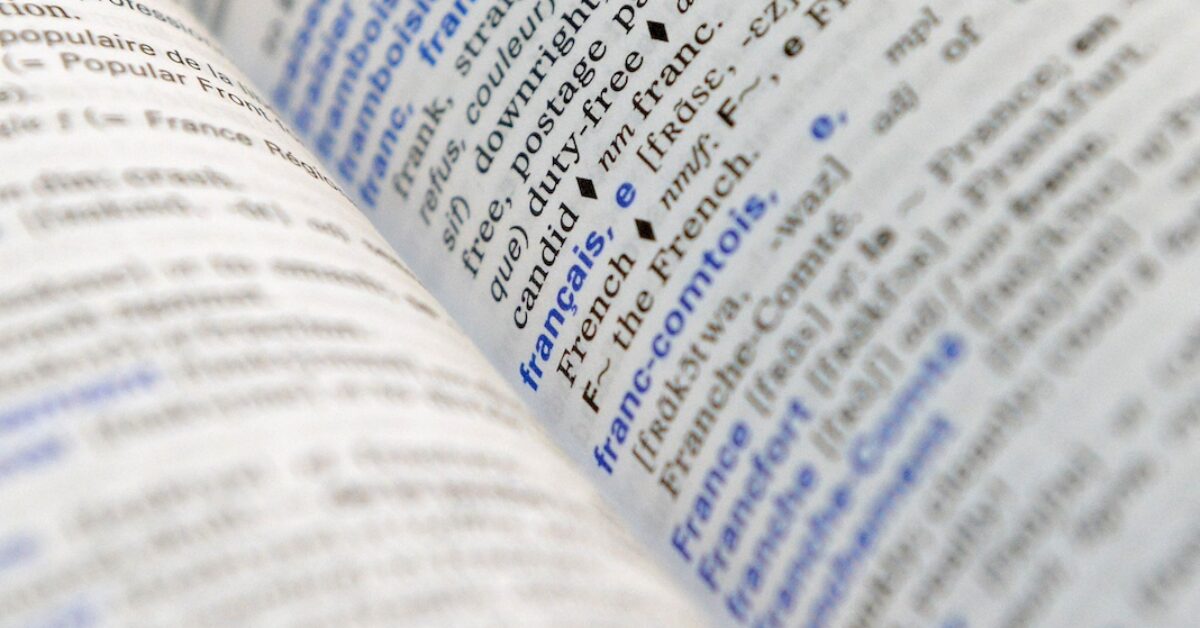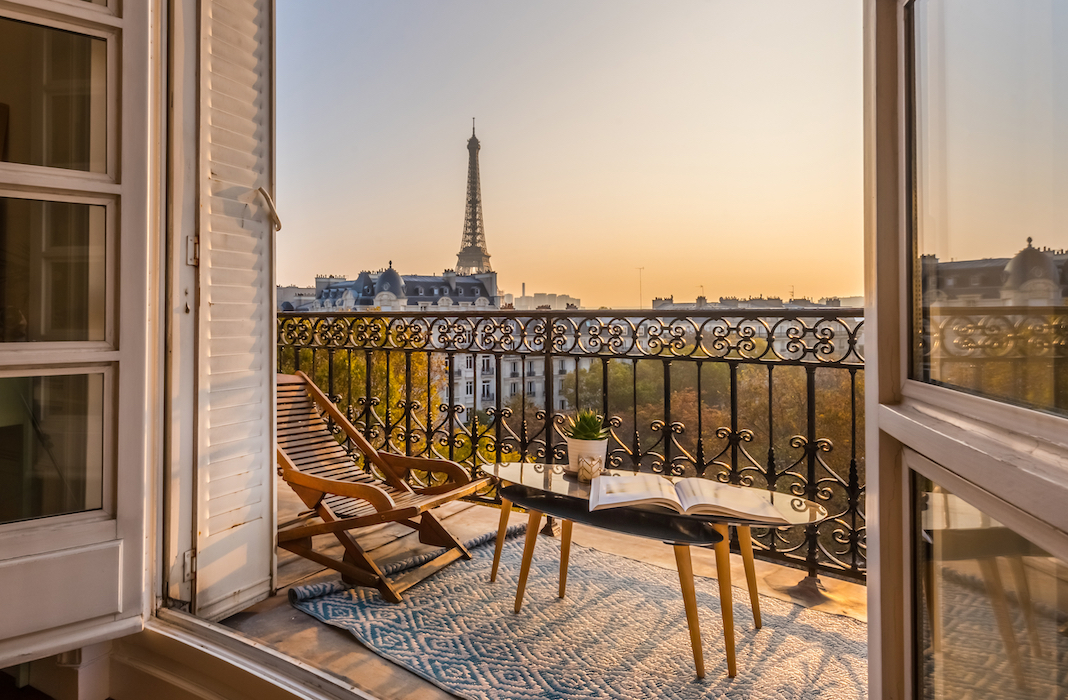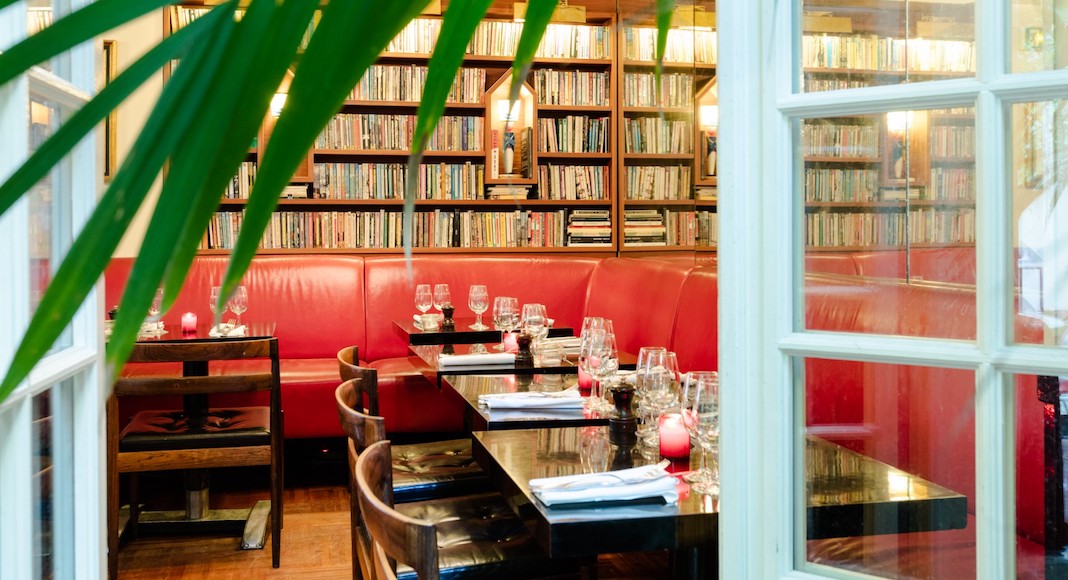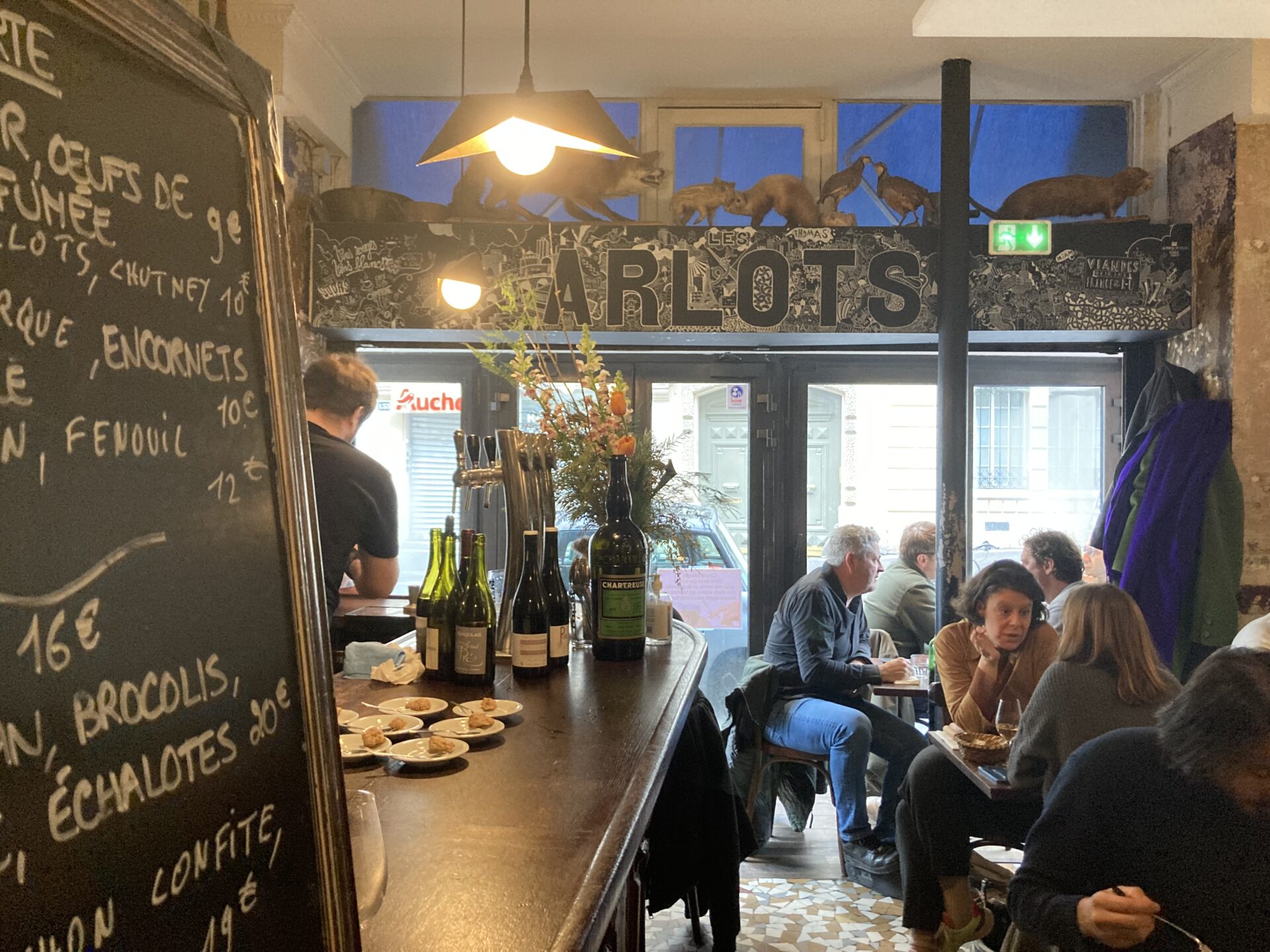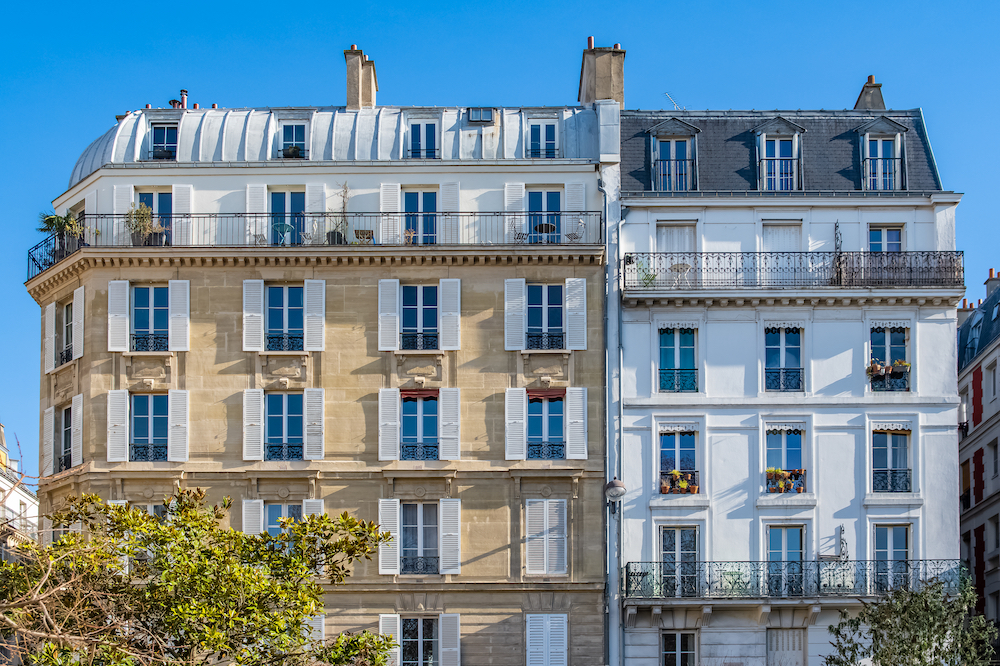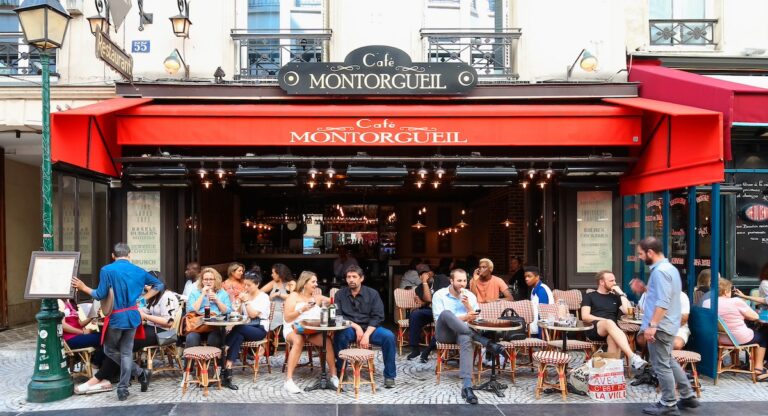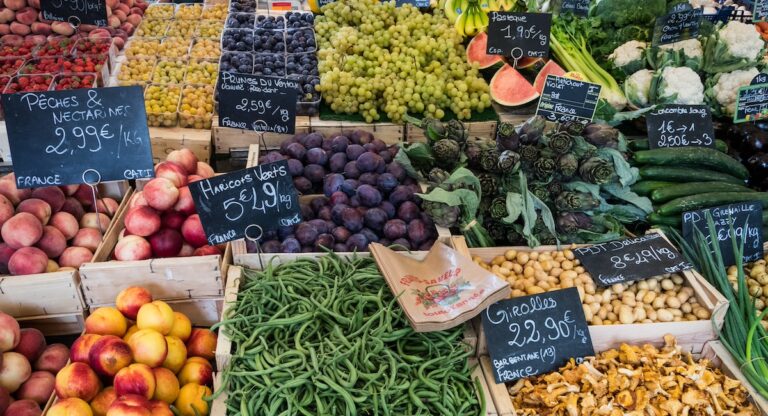The subject was residency in France and the path to French citizenship. I’d watched a video about the recent changes to the French language requirements for residency and citizenship. France uses the Common European Framework of Reference for Languages (CEFR), which I explain in more detail in this guide to French certifications. There are six levels: A1, A2, B1, B2, C1, and C2. A1 is for beginners, and C2 is fluent.
To get a carte de séjour pluriannuelle (multi-year residency card), applicants will now need A2 certification, when no certification at all was required before. To obtain a carte de résident (10-year residency card), applicants will now need B1 certification (when before they only needed A2). And to obtain French citizenship, you will now need B2 certification (up from B1). There are exceptions for all of these, but across the board language requirements for foreigners in France have gone up.
A lot of the comments I saw on this video were along the lines of, “Well, just learn the language!”
Yes, any long-term resident of a country should strive to learn the local language(s) to the best of their ability. But there’s an insidious undercurrent to a lot of these comments. France is known for pushing assimilation over integration. (Less of an American “melting pot” idea and more of a united population with a cohesive set of ideals and lifestyles.) So the question is, do these talks of “preserving the language” or “preserving the culture” hide xenophobic tendencies?
Many aspects of assimilation in France have already been widely critiqued. There are issues the French have struggled with, like the banning of headscarves in public schools, on beaches, and in government offices. But language control is another big part of assimilation.
It’s true that a lot of the Académie Française’s desire to protect French language comes from the strong influence of American culture and the English language. There are many English words that are used in French, despite being officially verboten according to the Académie Française.
But interestingly enough, French language control goes all the way back to the 16th century, when the dialect that became modern French was declared the official language of France. Over the next few centuries, many other dialects were stamped out by the French government, including Occitan, Breton, Corsican, and many more. There were legal restrictions forbidding the teaching of some of these languages in schools up until the 1970s, and non-French speakers in schools from Brittany to the Côte d’Ivoire were beaten or made to wear shameful symbols if caught speaking their mother tongue. You can read more about this in an article I wrote some time ago about the lost languages of France.
There’s also a great NYT piece I read recently about the evolution of French in post-colonial Africa. Currently, 60% of French speakers live in Africa. The language is constantly changing as it comes into contact with other dialects and Creoles throughout the continent, which then bleed their slang over to Metropolitan France through music. It’s similar to what’s been happening with Algerian and other North African communities living in France, who popularized a lot of the verlan and other colloquial words and expressions that have enriched the French language over recent decades.
I love the French language. I think anyone who wants to should have the opportunity to learn it. But the textbook French we learn in school is only one small part of what is spoken in France and across the French diaspora today. So when someone says, “just learn the language,” my question is, which one?
Ciao,
Catherine Rickman
Managing Editor, frenchly.us
Stay in touch! I’d love to hear from you: [email protected].
Appear in our next newsletter: publish directory page.
Ecoles
Immobilier
Avocats / Notaires
Are you interested in promoting your business to Francophiles in the U.S.? Please contact us.

